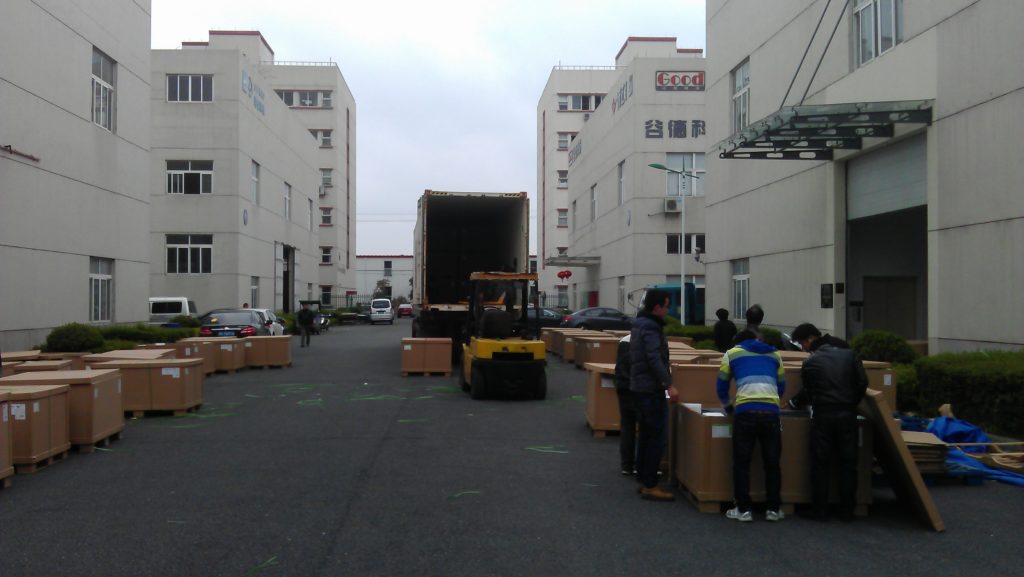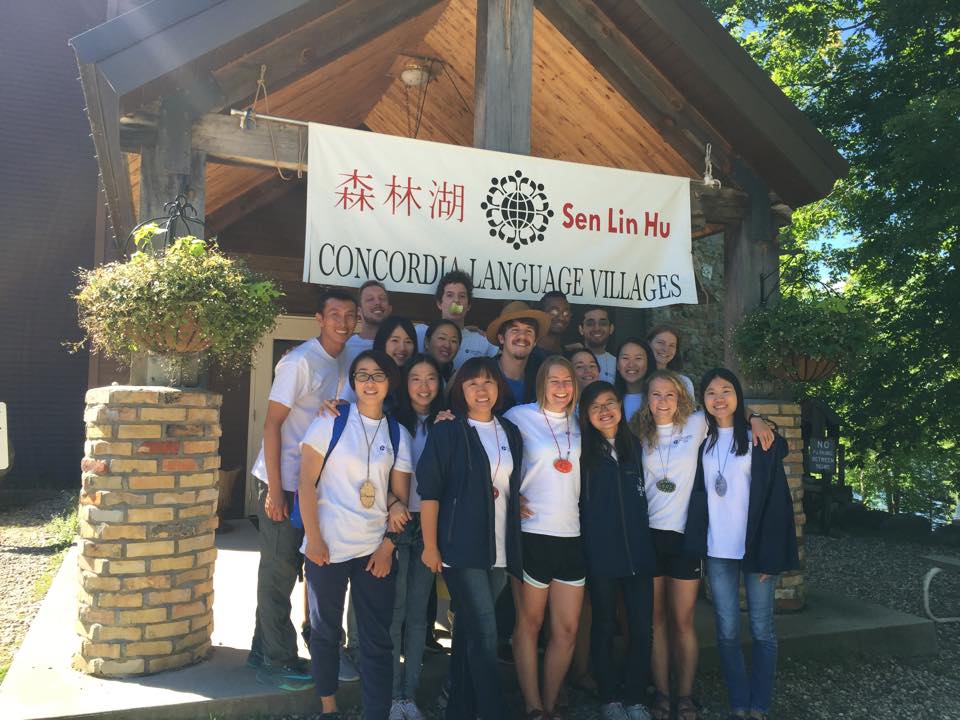August 2017 will mark the 10 year anniversary of when I moved to China to first teach English. Since then, I’ve worked at 6 – 8 jobs in the US and China, interviewed for several others and had a few other job offers.
Below are 10 lessons I’ve learned about finding China-related jobs in China and the USA.

Lesson 1: Teaching English Gets You a Job in China Fast
As a foreigner in China it’s hard to go more than a few weeks without getting a job offer to teach English while walking down the street or hanging out at a mall.
Native English speakers are in demand in China in a variety of settings, from colleges to training centers, and everything from kindergarten to high schools. Even companies hire in-house English teachers.
There are hundreds of positions out there, and a simple Google search will return lots of results. In my experience, you will usually hear back from a school within a day or two of emailing them.
Lesson 2: Job Changes Happen Gradually
Before I even started teaching English in China I knew I wanted to do something different long term. I frequently bumped into engineers living and working in China at bars, western restaurants, McDonald’s, and Starbucks.
It seemed too good to be true: a cool job with a hard skill like engineering, traveling around China for work visiting factories, getting paid a US wage. How could I replicate this?

Four years later I did find a job with a company in the US that sent me back to China and paid me a US wage. This job involved teaching English within the company, Chinese translation and interpretation, and a host of other responsibilities relating to Chinese language and culture. This company made retail displays.
After this job I was able to get job interviews and job offers for non-teaching jobs in China like quality control at a retail display company and a sales and marketing position.
I could not have jumped directly to these other jobs which had nothing to do with teaching, without first going through the intermediary step of teaching English at a company in China. This has been true for other people I have interviewed that now work as a technical writer and international sales rep.
Lesson 3: Your Network Is Your Best Source for Jobs
Tell people you are looking for a job. I once had a job interview to work as a quality assurance inspector, flying to different factories around China. The only way I got this interview was because a former coworker recommended me to the owners of the company.
Some of your friends and relatives likely come across China-related jobs from time to time and if they know you are looking they may send you some information on it.
Try to meet people at China-related business events. They can also be a source for jobs and provide guidance.

Lesson 4: Learning Mandarin Can Open Lots of Job Doors
Learning Mandarin is a great way to set yourself apart from the herd when applying for jobs. Most foreigners living in China don’t speak much Mandarin, so if you can learn even a little bit, you can set yourself apart.
If you’ve been learning for a few months you might want to consider studying for and taking the HSK (the Chinese proficiency exam).
It’s possible to go to China without knowing any Mandarin and learn after you’ve landed. This is how I did it.
Lesson 5: Cultivate a Business-Related Skill in Addition to Knowing Mandarin
Knowing Mandarin, the Chinese culture, and having experience on the ground in China does bring job opportunities. But if you want to create a career, you will likely know need other skills besides Mandarin (unless you plan on becoming a teacher, translator or interpreter–which are all great choices!).
Get a part-time sales job, learn engineering, learn programming. These are skills that are in demand.
Lesson 6: There Are More and More China-Related Jobs in the USA
I can’t speak for other countries, but in the US there are more and more positions for people who can speak Chinese to get a job here.
Some of these jobs include interpreter, Chinese to English translator, bilingual customer service representative, international-education-related jobs like student recruiter and study abroad coordinator. Some of the international education jobs may require a Master’s degree.
You could also find a job at a company that sends you back to China regularly. The project managers at the retail display company I used to work took trips to China for a week or two to meet with Chinese engineers and staff to work on projects every couple of months.
For this kind of job you will need some type of skill like project management, engineering, accounting, or some other business-related skill.

Lesson 7: Reach out to Companies Directly Using LinkedIn
This is the method I used to land my first non-teaching job in China. I sent out five emails to five different companies with offices in China that I thought would be most likely to hire me. The next day someone from one of these companies replied and we had a Skype conversation that night.
This was to be the first of several interviews which eventually resulted in a job offer three weeks later. For more about how I did this specifically you can read these posts:
- How to Turn Your China English Teaching Experience into a Position at a Company in China
- How to Get a Dream Job Overseas Using Your Language Skills
- How to Find Non-Teaching Jobs in China
Lesson 8: Use Job Boards for Foreigners in China
Chinese job boards for foreigners contain many non-teaching jobs and some of them are dedicated purely to non-teaching jobs. For a complete list of job boards you can check out the link here.
Lesson 9: Use Headhunters to Supplement Your Job Search
Headhunters have positions for foreigners and are usually looking for new candidates. Contact some headhunting agencies and get interviewed by them. If they have a position, they will contact you. There are several agencies listed in the above job boards guide.
Lesson 10: The Majority of China-Related Jobs Are in China
I’ve been living in the United States doing various translating, interpreting, and work related to China (as well as not related to China) for the last three and half years. I’ve been contacted by recruiters several times to work in China again at non-teaching jobs (mostly translation-related). I’m not quite ready to move back to China just yet, but the majority of China-related jobs for foreigners are IN CHINA.
Check out the video below about the silicon valley of China: Shenzhen.